Before the release of Disney’s “Elemental” in June 2023, no new female protagonist of a Disney kid’s movie had been written with a love story since “Frozen” in November 2013. That’s nearly ten years. Moving away from the age-old Disney princess trope, they began writing strong female characters — independent women who fought for themselves, lived to be leaders, and didn’t need any man to love or take care of them.
While a few good movies came out of this period, such as “Big Hero 6” (2014), “Moana” (2016), and “Coco” (2017), discerning viewers have noticed a definite downward spiral in the quality of Disney’s children’s movies and television. The stories are no longer compelling, the characters are shallow, and every new piece of media they produce seems to be a new corporate money-making scheme rather than a legitimate children’s movie.
The female characters in particular present like a broken record, copied and pasted from one movie to another. Especially in recent years, the storylines that feature women have become more one-dimensional and shallow. A narrative that was originally meant to be uplifting and empowering has become overdone and monotonous.
They’ve become the opposite of what they were originally intended to be — rather than a strong, feminist image, these women have become another way to push the idea of what a woman is into a singular box. In trying to free women, the stereotype created by this inadvertently constricts them even more.
A recent example of this disappointing trend in Disney women is the upcoming addition to the series of Disney classic remakes – a “Snow White” live-action set to release in March 2025, featuring Rachel Zegler as the title role. The writers and actors behind the upcoming film plan to weave a more modern, feminist turn into the movie’s plot.
In an interview at the Disney D23 Expo about the new perspective on Snow White’s classic story, Zegler said, “It’s no longer 1937 … She’s not going to be saved by the prince, and she’s not going to be dreaming about true love. She’s dreaming about becoming the leader she knows she can be.”
This new take on Disney’s “Snow White” is a misguided attempt at women’s empowerment that ultimately misses the mark. Even if its goal is to promote modern, independent, female leaders, it does so by discarding the classic love story, one that illustrates the very real feelings and experiences that women all across the world still have.
It doesn’t have to be 1937 for women to be in love. The fact is that the human desire to love and be loved does not disappear when a woman becomes more independent — when she becomes a leader. Why are female leadership and romance portrayed as mutually exclusive in modern media when that’s just not the case?
The truth is that if you accept one facet of the female gender, you must accept all of them. Women can be strong, intelligent leaders, but not every woman wants that. Women can be caring, warm homemakers, but again, not every woman wants that.
And not every woman has to.
It’s important to note, though, that while I criticize these new choices, I am in no way condemning or demonizing them. These changes don’t intend to harm, but to provide more positive representation of women in leadership. It’s in the right spirit, and the current momentum that inclusion and representation have in modern media is something that should continue.
However, only presenting one aspect of feminism and what a woman can be is more harmful to the female empowerment movement and the youth than it is helpful, regardless of the original intention.
As a kid, some of my biggest role models and inspirations weren’t the real people in my life, but a slew of Disney princesses whose dreams and stories became the groundwork for my own. I wanted to become a restaurant owner because of Tiana and a sailor because of Moana. I was proud of my reading skills because of Belle, and I valued my independence because of Jasmine.
The figures that kids watch on TV are massively influential to who they become and what sorts of things they value in life, especially if that media is taken in during the developmental stage. Children are easily impressionable, and the fictional characters they look up to will help to form the way they see the real world. The cartoons become the foundation for the way they treat other people and the way they see themselves.
Little girls who grow up with only one version of what a strong woman is will start to believe that that is the only way they, too, can be strong. The truth is that a strong, independent woman can present herself in countless different occupations, lifestyles, and personalities, but the single story of women that’s shown to children will lead them to believe that it’s the only story they can live.
Nowadays, children aren’t provided with an example of what a healthy relationship looks like, just the narrative that a “strong, independent woman” doesn’t need love, nor does she want love. They begin to think that a relationship with a man makes them weak, that their opinions and achievements are devalued when they have love dragging them down.
The shift was brought about as a reaction, a sort of apology for the misogynistic and flimsy portrayals of women in the early days of animation and cinema, but it’s taken the other extreme instead. In a frantic scramble to save face, they’ve moved too far away from the past, to the point where this new version of the female gender in modern media is just another box to confine women to.
It’s gone so far in the opposite direction that it’s come full circle and ended up doing the exact same thing it set out not to do.
While they have the right intentions, the people that create these stories and promote these narratives about women and feminism only present half of the story — they’re overly concerned with presenting a positive image when they should really concern themselves with presenting a complete image.
If the executives at Disney and other production companies are so concerned with inclusion and representation, then they need to represent everyone. Not just the warriors and the businesswomen, but the homemakers, the mothers, and the hopeless romantics.
More than that, they need to acknowledge the reality that none of those occupations or lifestyles are mutually exclusive. A woman is a human. She is a complex being who has a multitude of dreams and aspirations and a wide range of emotions, many of which she’s able to feel at the same time, believe it or not. She might want to be a mom, and she can do that in tandem with being a CEO. She might be in love, but that in no way makes her less important than a woman who isn’t in love, and it definitely doesn’t devalue her thoughts or her accomplishments.
Representation in the media is important, especially in children’s television. It’s instrumental in developing the younger generation’s perspective and their idea of what the future and other people look like, and it’s vital that we exercise great care in shaping that perspective. Rather than marketable, meaningless characters, we need examples. A person is the most impressionable as a child, and it’s vital that we exercise great care when creating the characters that shape their futures.






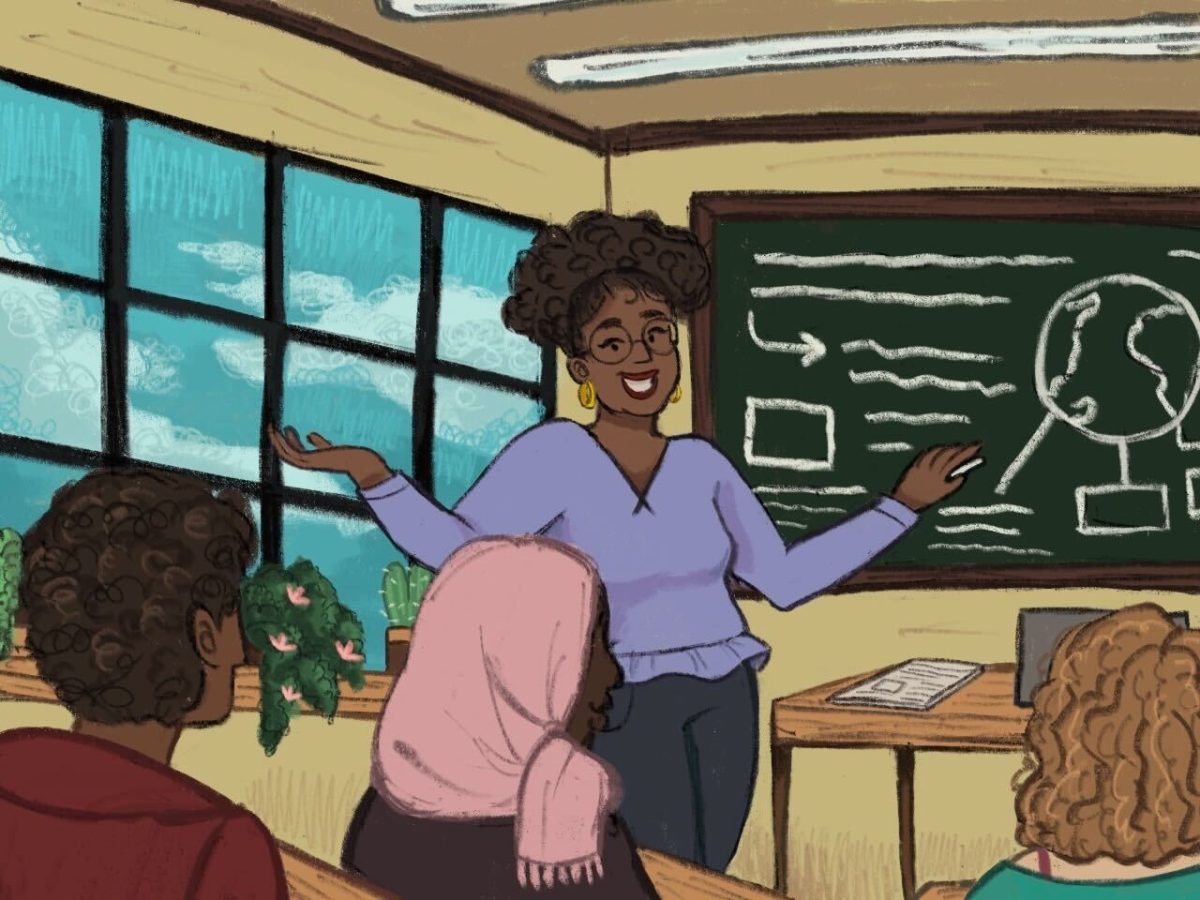
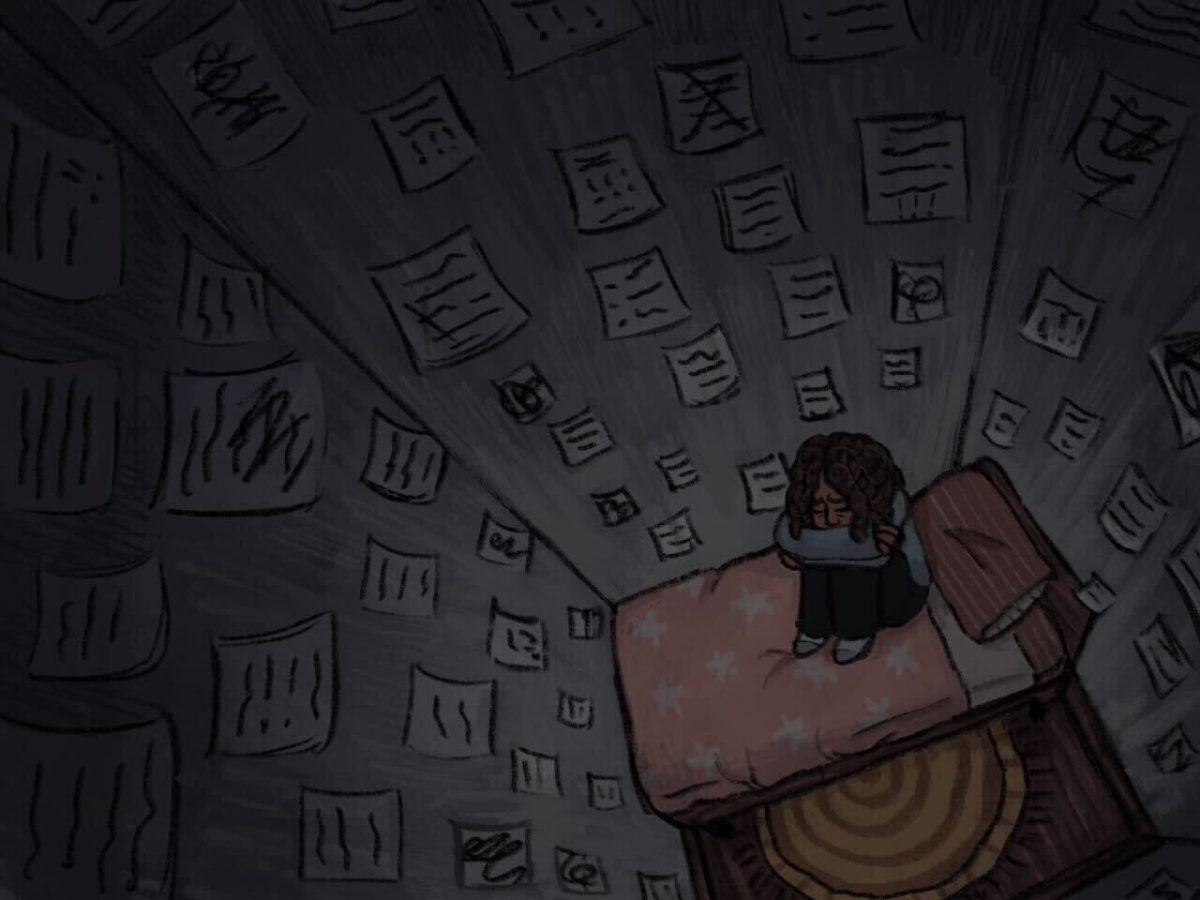
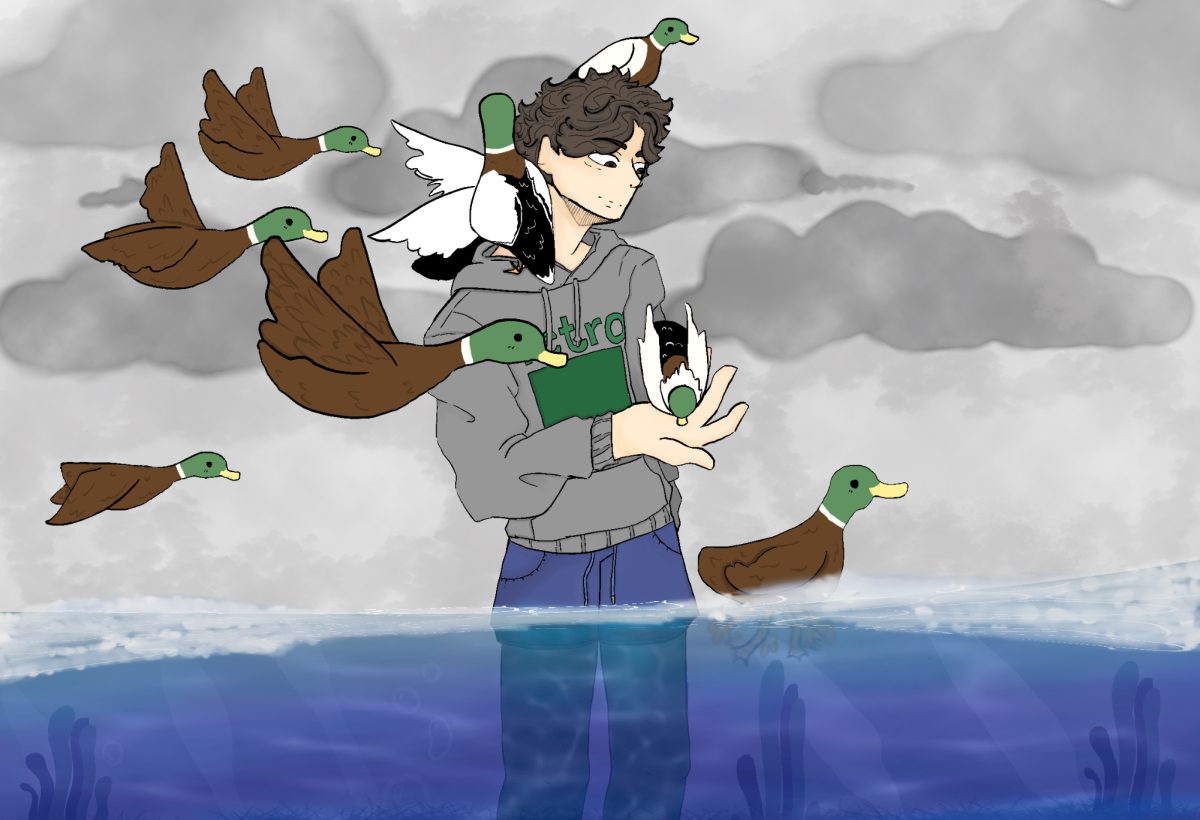


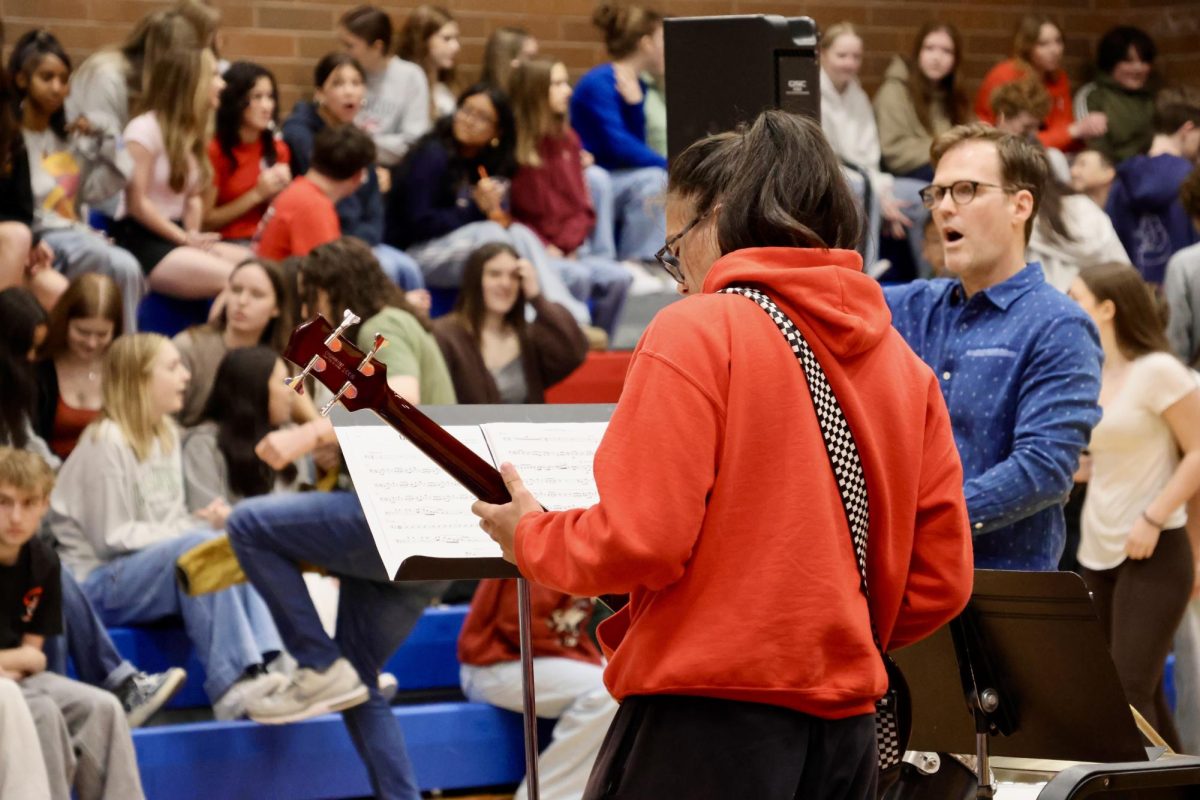




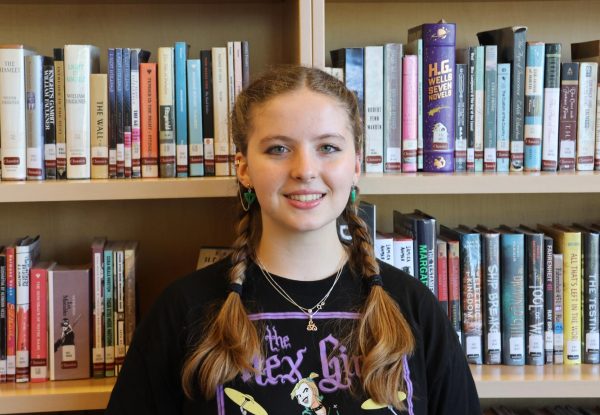
Maya • Apr 5, 2024 at 1:46 pm
I was browsing your website as an attempt to find ideas for my own school’s newspaper and stumbled upon this article. I completely agree and I think that this was extremely well written and communicated. Thank you for putting this out there.